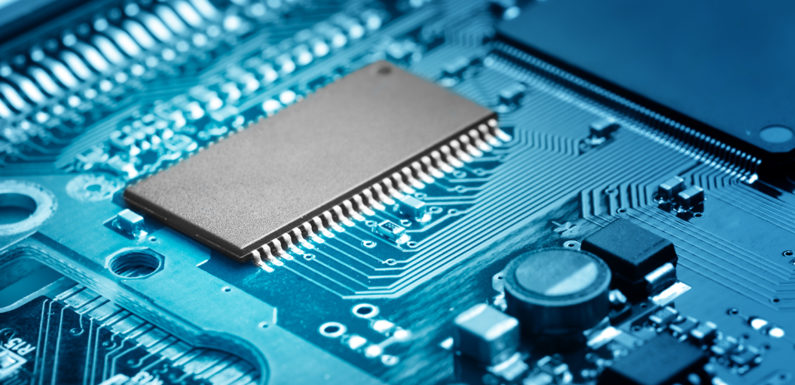
Micro Electro Mechanical Systems (MEMS) are miniaturized integrated circuit devices, which comprise electrical and mechanical components. Generally, MEMS are sized in few millimeters, enclosing several micrometer scale structures. The term MEMS is popularly used in North America. In Europe, the devices are commonly known as Micro System Technology (MST), and in Japan the devices are referred as Micromachining.
Unlike integrated circuits technologies, MEMS cannot be manufactured in standardized manufacturing processes. This has led to the growth of fabless MEMS design houses during the recent years. In 2011, IDMs accounted for the majority of market share in the Global MEMS foundry outsourcing market. However, during the past four to five years, the MEMS foundry outsourcing market has shifted towards the pure-play business model, owing to the falling average selling prices of MEMS, in addition to the emergence of major IC foundries, such as Taiwan Semiconductor Manufacturing Company, Silex, and TeledyneDASLA. The growth of the pure-play foundries are mainly fueled by the growth of the fabless business model in the MEMS industry. Fabless MEMS players, such as Knowles Electronics, InvenSense Inc., along with Goertek Inc., have witnessed significant growth in their revenue during 2011-2014.
The new entrants in the MEMS industry are expected to adopt the fabless business model, in order to compete with the falling profit margins, and to reduce the overall economy of scale by eliminating capital investment in tools, design support, and foundry setup and maintenance. This is expected to boost the growth of pure-play MEMS foundries, during the forecast period.
Nevertheless, the opportunities still exist for the IDMs especially in the application specific MEMS manufacturing. STMicroelectronics and Sony Corporation are still two of the largest MEMS Foundry outsourcing players. Moreover, many integrated MEMS device manufacturers are also expected to offer their foundry services to university groups and new entrants for small volume prototyping.
The high cost of fabrication, lack of absolute cost advantage, along with low profit margin from economies of scale due to application specific design requirement of MEMS is hindering the growth of the global MEMS foundry outsourcing market. The continuously dropping average selling price, emerging new application of MEMS, along with looming adoption of 300mm technologies for MEMS are expected to be the growth drivers for the global MEMS foundry outsourcing market during the forecast period.

